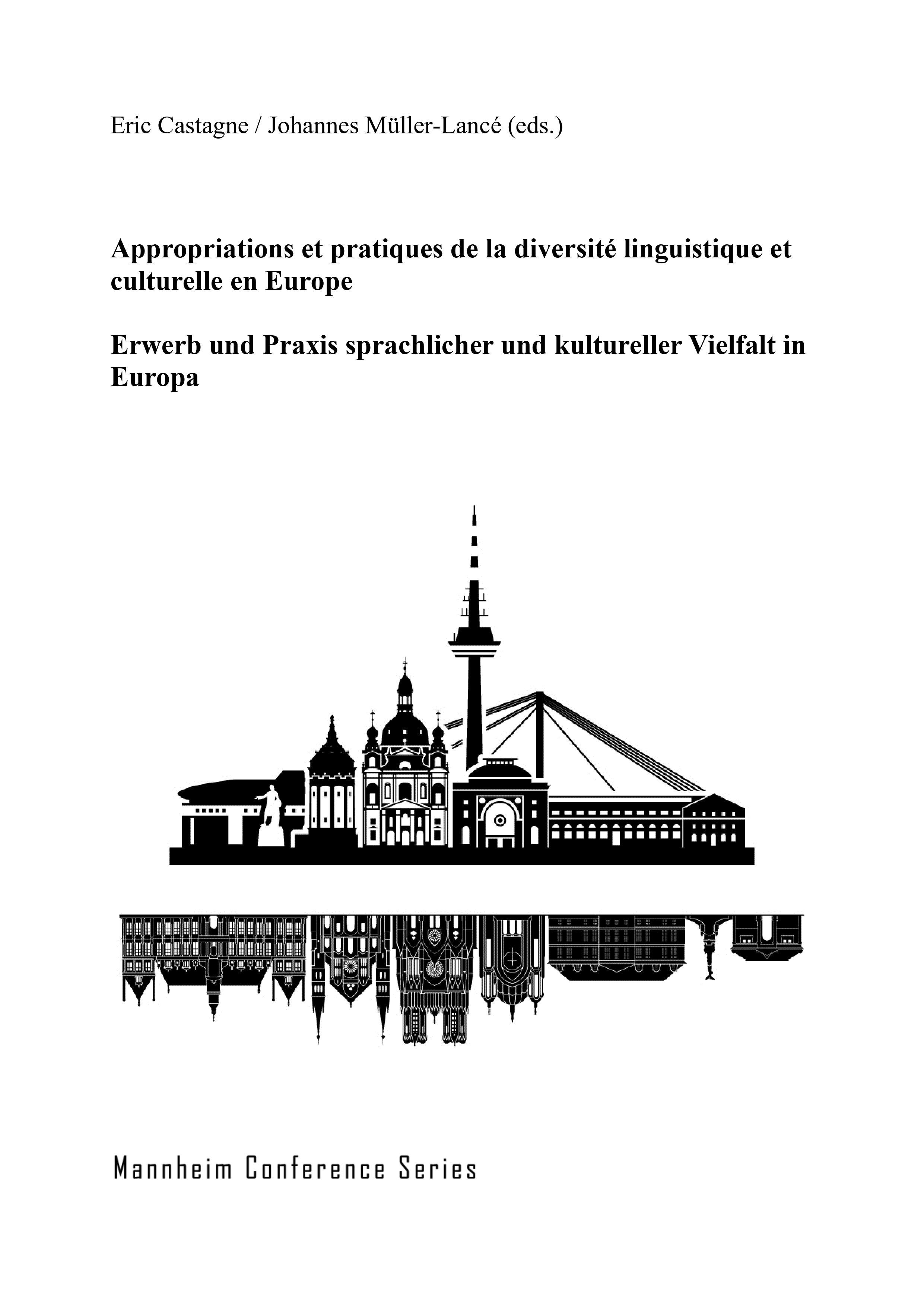La transmission des langues d’origine dans les familles récemment immigrées en France : pour une prise en compte de l’héritage plurilingue
Main Article Content
Abstract
This paper deals with the transmission of immigration minority or heritage languages in France. First, we bring to light a bilingual bias in the research on immigration languages which continues to represent ideal immigrant speakers as bilingual people maintaining their minorized heritage language on the one hand and speaking the official state language of their host society on the other hand. There is, however, no reason to believe that immigrants who often come from countries known to be highly multilingual should have been monolingual before their arrival. Then, we present a small case study on two extra-European families that recently arrived in France, one coming from Tchad and the other from Turkey. Based on semi-structured interviews, our empirical study predominantly reveals a great heterogeneity of language repertoires, ideologies and communication choices between and within both families. The One Person One Language approach is clearly not relevant and the parents report using varied and evolving linguistic strategies when interacting with their children, who have all developed unbalanced language repertoires in several of their parents’ heritage languages. Thus, our study calls for more diverse and explicitly multilingual research approaches to immigrant language speakers.
Article Details

This work is licensed under a Creative Commons Attribution 4.0 International License.

